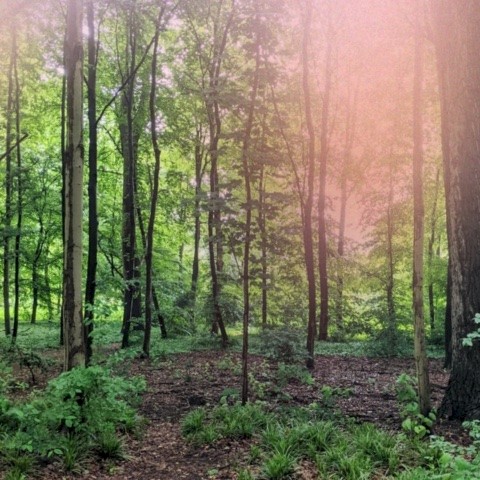
*EXTENDED* Open Call 02_06_23: Deep Futures Research Group (KABK)
The KABK Design Lectorate Deep Futures Research Group, chaired by Dr. Alice Twemlow, is looking for its next cohort of tutor-researchers!
You can submit an application by Friday 26th of May for the opportunity to be supported by a Research Group for ten months while you develop an individual research inquiry and contribute to collective research that responds to the central imperative of the Deep Futures project.
In monthly day-long meetings, group members visit and immerse in one another’s sites of research, conduct close readings of key texts, experiment with writing about, and documenting, practice-based research, receive feedback from visiting guests as well as in dialogue with students and other peers, present research at Fault Lines, the annual KABK Research Forum, and contribute to a publication that facilitates research-informed teaching at KABK and beyond.
Successful applicants will have 0,2 fte added to their contracts.
Deep Futures: What is the Role of Practice-Based Research in the context of Climate Catastrophe?
The fallout of Capitalist industrial processes, behaviors, and ideals, has wreaked irreparable damage on our planet’s lifeforms and habitats. To shape livable futures, we will need to completely delink our habitual reference points, unlearn our current ways of doing, and radically evolve our conceptions of art and design practice, material production, and even research.
In order to fully inhabit the dispositions of care and reparation, in order to practice, teach and learn the skills and capacities needed to re-connect with other beings and entities, we need to attend to alternative understandings of time beyond the linear, progressive, and globally synchronized, and toward the cyclical, plural, glitching, and inefficient.
Since the rise of a mass-produced disposable product culture in the postwar period in the Global North, material production has orbited the new and the novel, the innovative and the instant. The creative industries and their mechanisms of mediation are economically dependent on a steady stream of new products and services so there is no incentive to prolong the period of time when a product is desirable and useful before it enters the conceptual and then physical realm of trash.
To provide counters to the unsustainable and unjust pace of seasonal and daily output, the artificial constructs of module and semester, practices of care and repair need to be accompanied by a radical shift in temporal perspectives. Consideration of space time, queer time, crip time, seed time, or ancestral cosmologies, immersion in the fluxes of time associated with Afrofuturism, hauntology or the pluriverse, and engagement with tactics such as interruption, rest, dysfluency, and slowness, for example, can help in the collective re-imagining of modes of learning, doing and being human beyond the Capitalocenic.
Especially relevant in this respect is the geological concept of deep time, first described by the 18th century Scottish geologist James Hutton, who saw that the cycles of sedimentation and erosion which had given the planet its stratified topography, required a timescale that not only exploded the Biblical creation narrative, but was of a magnitude so vast that in it ‘we find no vestige of a beginning, no prospect of an end’. The KABK Design Lectorate posits that this immensity of timescale can be a departure point for compositing climate justice imaginaries in our post-human times.
The project explores the ways in which art and design might contribute to a more nuanced understanding of climate catastrophe, planetary degradation and the loss of biodiversity. Topics and concepts include, but are not restricted to:
-
Alternative timescales such as geological time and other non-human timescales, plural worlds
-
Infrastructures, values and practices in relation to waste and trash, space debris, digital waste, plastics and microplastics
-
Repair, re-use, maintenance, care, caretaking
-
Micrology, matter and materials
-
Multisensory methods (listening, touching, walking, for example)
-
Toxicity and contamination
-
Climate justice imaginaries
-
Radical pedagogies, unlearning
The collectively generated research include creating a glossary of key terms, an open-source library of references and resources, essay making (text, audio, visual and video), and developing and explicating new methods for researching this topic and for embedding it in education at KABK. The Group’s work is shared via a conference (Fault Lines) and a publication.
Who Can Apply
Staff members, tutors, heads, and workshop instructors from all across the KABK (all disciplines) are invited to apply, provided that they will be employed at the KABK for the full duration of the Group, September 2023 - July 2024.
If you are selected for the Group you will be expected to attend all monthly gatherings, which take place on Fridays 10.00-17.00, and to use the time in between sessions to further develop your individual projects and contribute to the collective research outputs.
Your appointment will be increased by 0,2 fte over the course of 10 months. For freelance tutors, equivalent provision will be made.
Please follow the above link or here for all the details around the application procedure!